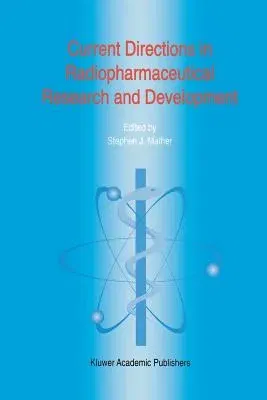Radiophannaceutical research has recently undergone a major change in
direction. In past years it has been concerned mainly with the
development of perfusion tracers, the biodistribution of which reflect
the regional blood flow to areas of major organs such as the heart and
brain. However, a major new direction of interest now lies in the
development of receptor-binding radio-tracers which can be used to
perform in-vivo characterisation of diseased tissues and it is likely
that much of the future research in this field will follow this
direction. The difficulties in developing such tracers are considerable.
The researcher must first identify a promising target for
radiopharmaceutical development. High specific activity radioactive
molecules must be designed and synthesised which will both bind to the
target receptor with high affinity, and also have the physicochemical
characteristics which will allow them to reach the target site in
sufficient quantity while at the same time showing minimal uptake in
non-target tissues. Thus the knowledge base required for
radiophannaceutical development has now expanded beyond the limits of
radiopharmaceutical chemistry to include aspects of biochemistry,
molecular biology and conventional drug design. The portfolio of basic
knowledge required to support current radiopharmaceutical development is
changing and scientists working in this arena need to be trained in this
regard. At the same time, the very latest developments in the field need
to be communicated to the scientific community in order to stimulate the
advancement of this exciting new direction of research.


